As our population ages, the need for elder care will continue to increase. According to the National Institute on Aging, there are now more than 40 million Americans over the age of 65. This number is expected to grow to 88 million by 2050. As a result, it is important for everyone – individuals, families, and businesses – to understand the basics of elder care. In this blog post, we will discuss eight important facts about elder care that everyone should know!

8 Important Elder Care Facts
More than 90% Of Seniors Prefer to Age in Place
- The vast majority of senior citizens prefer to stay in their own homes as they age. This means that family members, friends, and caregivers need to be involved in helping them remain independent and active.
Home Care Is Generally Cheaper than Assisted Living or Nursing Home Care
- Many seniors prefer home care because it can be more affordable than assisted living or nursing home care. Home care services such as grocery shopping, meal preparation, and transportation are usually covered by Medicare and other health insurance plans.
Elder Abuse Is an Unfortunately Common Occurrence
- Unfortunately, elder abuse is all too common in the United States. According to the National Center on Elder Abuse, an estimated 1.3 million adults aged 65 and older were victims of elder abuse in 2017 alone.
Most Seniors Need Help with Medical Decision-Making
- Many seniors have difficulty making decisions about their own health care, especially when it comes to complex or difficult issues. This is why it’s important for family members and other caregivers to be involved in helping seniors make informed choices about their health care.
Seniors Benefit from Social Interaction
- Studies show that seniors who are socially active tend to have better physical and mental health than those who are isolated. This is why it’s important for family members and friends to visit regularly, as well as for seniors to participate in social activities and events.
Medicare Does Not Cover Long-Term Care
- While Medicare does cover some short-term medical expenses, it does not typically provide coverage for long-term care such as nursing home care or in-home services. It’s important to understand the differences between Medicare and Medicaid, as well as private long-term care policies.
Caregiver Burnout Is a Real Concern
- Caring for an elderly family member can be emotionally and physically draining. When caregivers become overwhelmed or exhausted, it’s important to take steps to prevent burnout in order to ensure that the senior is receiving quality care.
Elder Care Services Are Available to Help
- There are many organizations and agencies that can provide assistance with elder care. These include home health agencies, local senior centers, adult daycare centers, home care providers, and more. You can contact these organizations and get the best services.

These eight facts about elder care demonstrate the importance of understanding the needs of seniors and taking steps to ensure they receive quality care. Whether you're a family member, friend, or business owner, it's important to be aware of the issues surrounding elderly care and how to best provide for those in your life. By knowing these facts about elder care, you can help make sure that seniors are receiving the support and assistance they need!


